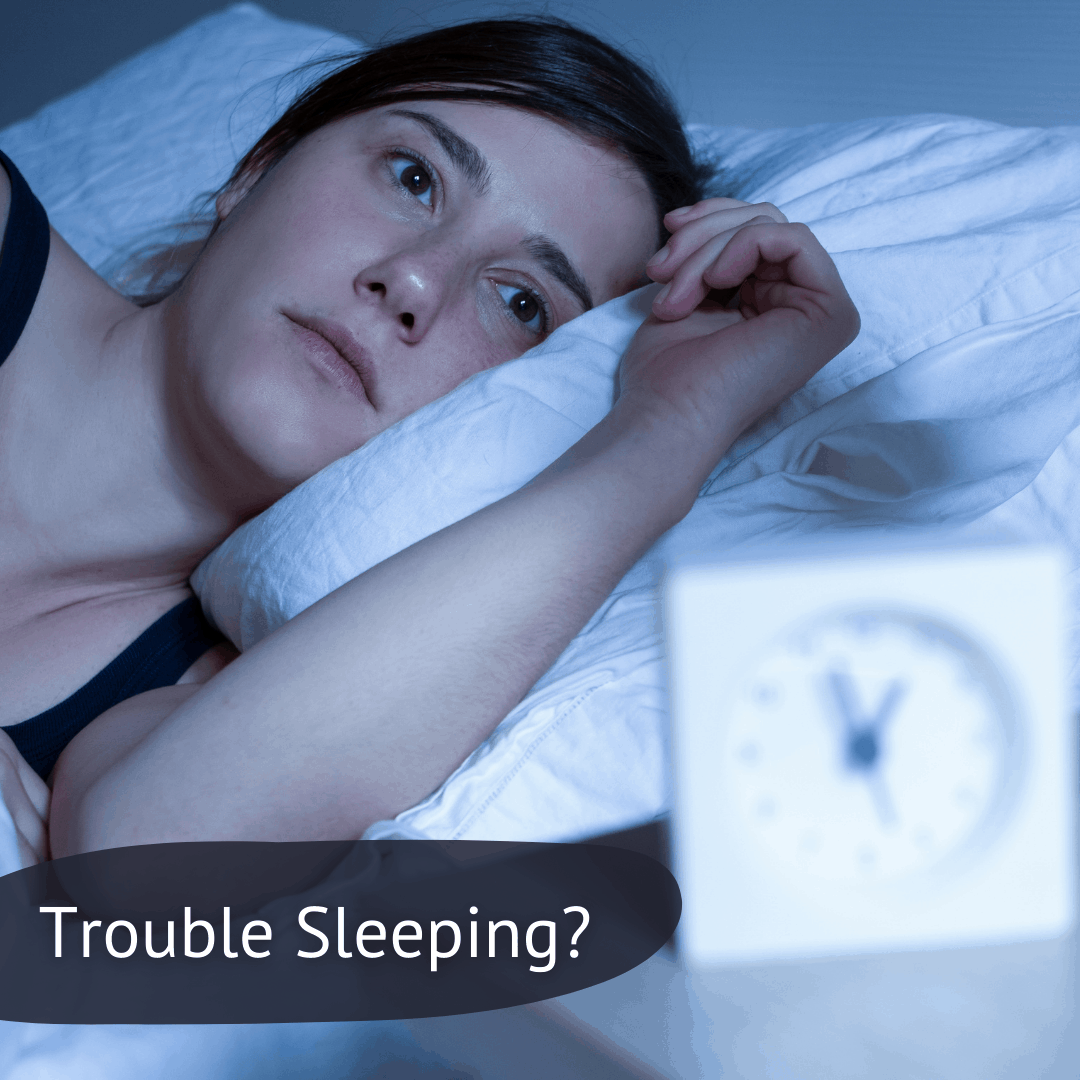Sleep is essential for our physical and mental well-being, but sometimes, the elusive sandman seems to take his time. If you find yourself tossing and turning at night, desperately wishing for a faster route to dreamland, you're not alone. In this article, we'll explore practical tips and strategies on how to sleep fast and make the most of your precious bedtime.
1. Establish a Consistent Sleep Schedule
One of the first steps to falling asleep faster is to
regulate your body's internal clock. Try to go to bed and wake up at the same
time every day, even on weekends. This helps align your natural sleep-wake
cycle, making it easier to fall asleep when bedtime rolls around.
2. Create a Relaxing Bedtime Routine
Developing a calming pre-sleep routine signals to your body
that it's time to wind down. Consider activities that help you relax, such as
reading a book, taking a warm bath, or practicing gentle yoga. Avoid
stimulating activities or anything work-related during this time.
3. Limit Exposure to Screens
The blue light emitted by electronic devices can interfere
with the production of melatonin, the sleep hormone. Aim to avoid screens at
least an hour before bedtime to allow your body to naturally wind down.
4. Evaluate Your Sleep Environment
Create a sleep-conducive environment by making your bedroom
comfortable and inviting. Invest in a good mattress and pillows, ensure the
room is dark, and maintain a cool, comfortable temperature.
5. Mindful Breathing and Relaxation Techniques
Practice deep-breathing exercises or progressive muscle
relaxation to calm your mind and release tension. These techniques can be
particularly helpful if stress or anxiety is keeping you awake.
6. Watch Your Diet
Avoid heavy meals, caffeine, and nicotine close to bedtime.
These substances can disrupt your sleep patterns and make it harder for you to
fall asleep quickly.
7. Get Regular Exercise
Engaging in regular physical activity can promote better
sleep, but try to complete your workout at least a few hours before bedtime.
Exercise helps regulate your sleep patterns and contributes to overall
well-being.
8. Manage Stress
Stress and worries can be significant barriers to falling
asleep fast. Practice stress-reducing techniques such as meditation,
mindfulness, or journaling to clear your mind before bedtime.
9. Limit Naps
While naps can be beneficial, especially for combating
afternoon fatigue, try to keep them short (20-30 minutes) and avoid napping too
close to bedtime.
10. Use the Bed for Sleep Only
Train your brain to associate your bed with sleep by
avoiding activities like work or watching TV in bed. This helps condition your
mind to recognize bedtime as a signal for rest.
11. Try Sleep Aids Mindfully
Consider natural sleep aids like herbal teas or supplements
containing ingredients such as valerian root or melatonin. However, it's
crucial to consult with a healthcare professional before using any sleep aids.
12. Seek Professional Help if Needed
If your struggles with falling asleep persist, it may be
beneficial to consult with a healthcare professional. They can provide insights
into any underlying issues that might be affecting your sleep.
A good night's sleep is within your reach. By incorporating
these practical tips into your bedtime routine, you can increase the likelihood
of falling asleep faster and enjoying a more restful sleep. Experiment with
different strategies to find what works best for you, and remember that
establishing healthy sleep habits is an investment in your overall well-being.
Sweet dreams and a swift journey to dreamland await!


No comments:
Post a Comment